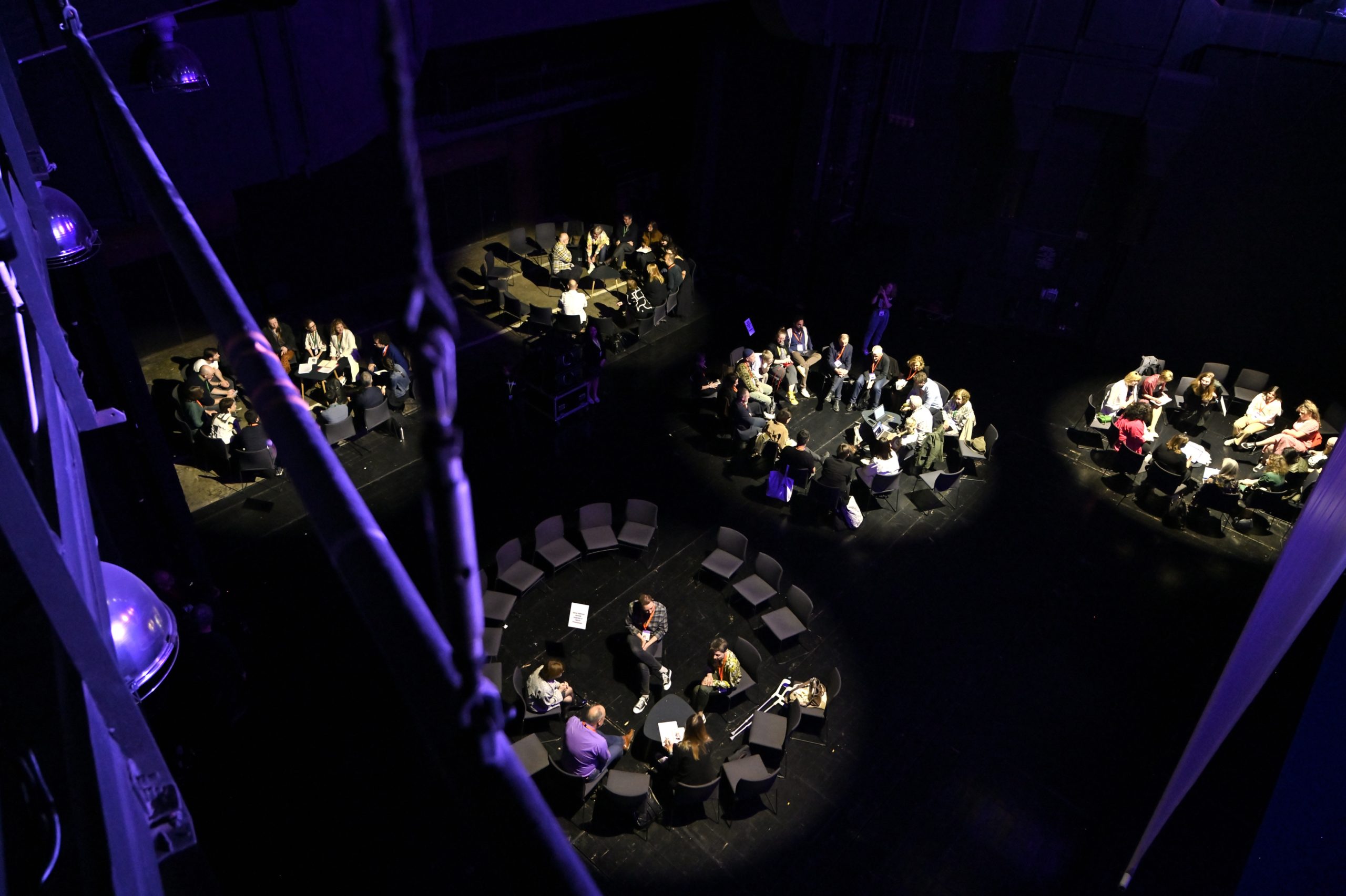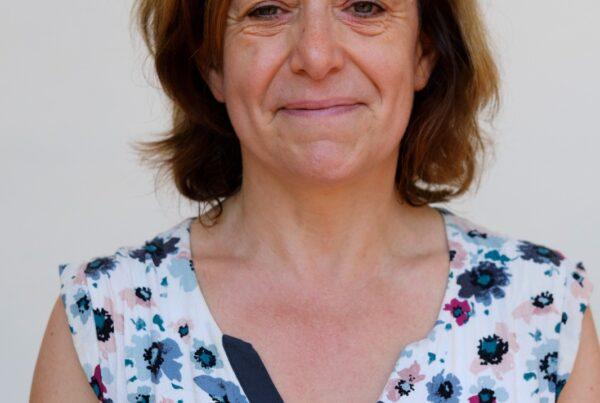On May 11th-13th ASSITEJ was invited to participate in the European Theatre Forum (ETF) in Opole (Poland) to discuss new recommendations to be sent to the EU Commission regarding the future of the entire sector. This forum was organized by the European Theatre Convention.
In line with the ETF 2023 aim to create a roadmap for making Europe’s theatre sector more sustainable, equitable and better equipped to face current and future challenges, the attendees participated in ‘Backstage Talks’ for detailed discussions about the policy priorities for the sector.
Six different topics were on the table: Digital Readiness (including artistic freedom and working conditions), Sustainability (including EU green deal and the mobility of emerging artist), Democracy, International Cooperation and the Power of Theatre (including fragile contexts, mental health and social inclusion).
We were both thrilled to represent ASSITEJ International in this context, and also to be invited as speakers and rapporteurs. Although the French acronym of ASSITEJ refers to theatre, ASSITEJ today represents the whole performing arts sector for children and young people, and is therefore a significant number of artists.
Artists need time and space to engage in their creative process without interruptions or distractions. Therefore, we need to call for an increase in structural support for international collaboration within and beyond Europe through augmented and continued funding for residencies, co-productions and networking, such as Perform Europe or Culture Moves Europe programs.
Although ASSITEJ is partly financially supported by the European Union, it is in fact a global association that relies on all its members’ contributions to the association. We must recognize that we will never achieve the diversity we promise to work for if we do not share these mobility funds, so that they are accessible to all. The same should be true for creative processes and production funding. Opening the possibilities of residences to artists globally, but also allocating funds to residences to happen in these countries, is key if we truly want to achieve global development of the performing arts and emerging artists everywhere.
Finally, our relationship to our audiences is inseparable from our work. During those 3 days in Opole, we kept on saying that theatre (and the whole Performing Arts Sector) must be accessible to everyone, especially children and young people. We must create spaces so their voices are heard, on European and international levels.
We believe our contribution has been very valuable. Step by step ASSITEJ is working for a better recognition of TYA within the wider Performing Arts Sector. Undoubtedly, the ASSITEJ voice will be counted in, in the future, on EU and international levels.






